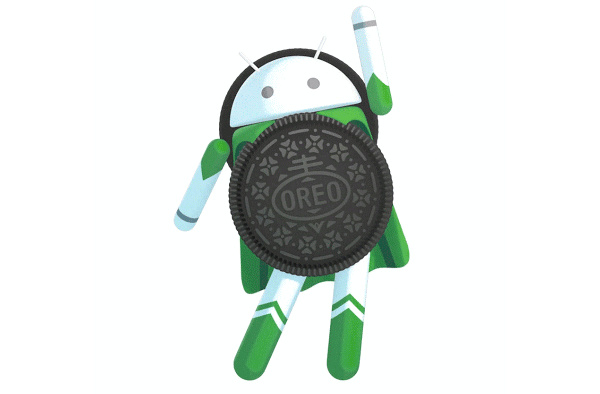
Unlike Apple, Google hasn't seemingly even been trying to solve the problem – although promising some solutions – and has just let the platform loose. This has allowed it to become by far the most adopted mobile operating system in the world, but it also means that there are now more problems of fragmentation than ever.
This is as open secret as there is about Android, and most of the Android users are pained by the fact that software updates, even when they are security related, take forever to come.
To attest to the fact a programmer by the name of Dan Luu has revealed that things might not be getting better but worse over time.
According to Luu, Google's operating system is just becoming less up-to-date, and there are only a few explanations for this: Android's slowing growth, device turnover slowing down, or devices aren't getting updates as often.
To expand on the problem, Luu compared the fragmentation data with Google's estimate of active Android devices. As nearly half of devices are running two year old software, which one can easily call outdated, and there are a total of two billion active Android devices, the math is pretty simple.
Not only is there at least a billion outdated Android devices still in use but according to Luu the likelihood of them getting updated is nearing zero – which is ironically close to what Android Oreo 8.0 marketshare is currently.
To get a more in-depth look at the problem, Dan Luu has excellent analysis and graphs about Android fragmentation over the years on his website.
Written by: Matti Robinson @ 15 Nov 2017 12:32
